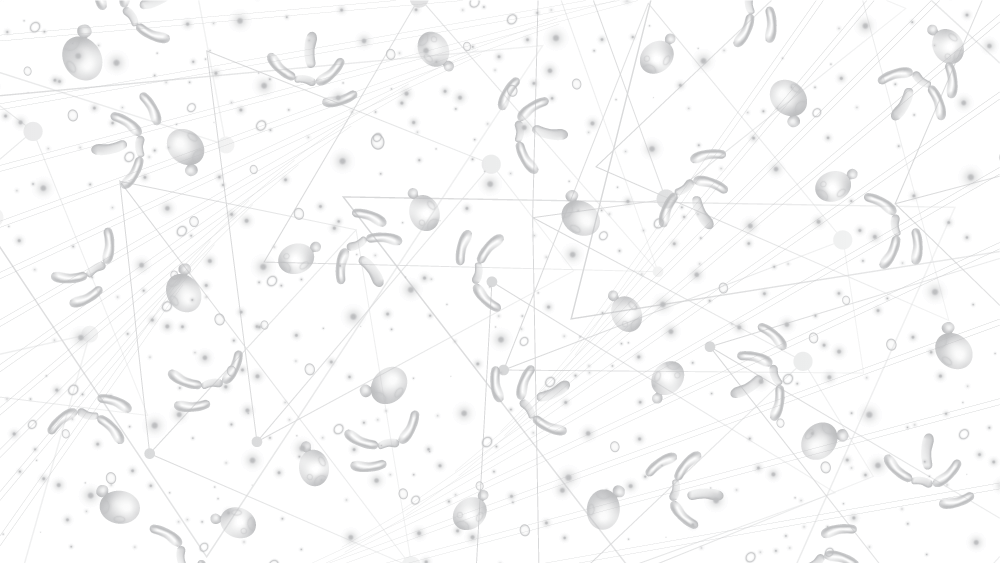Filter by
Lallemand Animal Nutrition and Micalis Institute Launch Joint Lab to Unlock Potential of Beneficial MicrobesNew ‘Biofilm1Health’ Initiative Explores Microbial Communities to Enhance Positive Biofilms for Improved Health and Environmental Solutions TOULOUSE, FRANCE, Oct. 10, 2024 — Lallemand Animal Nutrition, a leader in microbial solutions, and the Micalis Institute – a collaborative research unit between the French National Research Institute for Agriculture, Food, and Environment (INRAE), AgroParisTech, and the University […]
Oct 10, 2024
In-feed Probiotics and Water Bioremediation Significantly Enhance Shrimp Performance and RobustnessLallemand to present new study on water and gut microbiota modulation in shrimp at APA 2024 A 42-day trial in Vietnam using whiteleg shrimp juveniles confirms the efficacy of microbiota modulation strategies and their potential to improve shrimp growth performance and robustness during growth stage, according to a new research we presented at the Asian […]
Jul 11, 2024
A journey towards a more resilient selenized yeast production systemAs part of our commitment to adapt to market changes and proactively address the evolving demands of our customers, we are pleased to unveil our strategic decision to make substantial investments in one of our selenized yeast plants. For the past four years, the feed industry, alongside numerous other sectors, has been impacted by broader […]
May 22, 2024
New publication on the benefits of a microbial bedding conditioner on udder healthWe are pleased to share the results of a recent scientific publication showing the application of a dedicated microbial bedding conditioner preserves the quality of the bedding material and has positive outcomes on the maintenance of udder health and cow health (Dunière et al., 2024). Dairy cows spend, on average, 10 to 13 hours per […]
Mar 25, 2024
Promising new technology developed by microXpace and Lallemand Animal Nutrition ready to move to product development phaseUnlocking the power of Alpha-Gal immunity to help mitigate parasitic infestation in fish and poultry The collaboration between startup microXpace and Lallemand Animal Nutrition has reached a significant milestone as both partners prepare to enter the product development phase for the promising Alpha-Gal-based technology. The production of Alpha-Gal antibodies, triggered in response to microbiota expressing […]
Mar 15, 2024
Piglet nutrition: Unveiling the benefits of YELA PROSECURE as a blood plasma substituteOur swine experts presented a new study at the BOKU Symposium Tierernährung 2024 on the replacement of porcine blood plasma by yeast-based solution, YELA PROSECURE, in post-weaning piglet feed. YELA PROSECURE is a specifically designed hydrolyzed yeast developed by Lallemand to offer highly digestible and functional nutrients that support animal performance, digestive care and feed […]
Feb 29, 2024
New trial shows yeast derivative YANG supports immunity and intestinal health in shrimpWe are pleased to share new trial results conducted in L. vannamei shrimp in China, Tianjin, that confirm YANG helps support immunity, antioxidant defenses and intestinal health. These benefits are translated into improved production performance for shrimp farmers. YANG is a specific yeast derivative specially developed by Lallemand to elicit a balanced immune response. The […]
Feb 14, 2024
Lallemand Animal Nutrition launches new website for petfood and equine feed professionalsWe are pleased to announce the launch of a new website dedicated to pet and equine nutrition: https://lalprobiome.lallemandanimalnutrition.com/ The new website is a comprehensive resource for petfood and equine feed industry professionals, veterinarians and nutritionists. It provides technical content on pet and equine health and nutrition, including articles, white papers and webinar recordings. LALPROBIOME.lallemandanimalnutrition.com is […]
Feb 14, 2024
Lallemand Animal Nutrition awards 5 scholarships to rising stars in agriculture$14,000 given to 3 graduate students, 2 undergraduate studentsThe Lallemand Forward Scholarship Committee awarded five scholarships to up-and-coming students and established scholars within agriculture. This is the nineth year scholarships were awarded — investing a total of $123,500 since the fund was established. “Reviewing the outstanding candidates for Forward scholarships is a highlight for our team each year,” says Erin Carter, Marketing Manager […]
Feb 9, 2024
Lallemand Animal Nutrition welcomes 3 new talents in Southeast AsiaOur Southeast Asia team is thrilled to welcome three new colleagues: Dongwoo (Antonio) Lee, Country Manager for Korea; Yoann Perrault, Technical Sales Manager Monogastric, and Quentin Delorme, Technical Deployer Monogastrics. Dongwoo Lee graduated from Seoul National University with a Ph.D. in avian virology. He started his career as a field veterinarian at a broiler integrator […]
Feb 8, 2024
